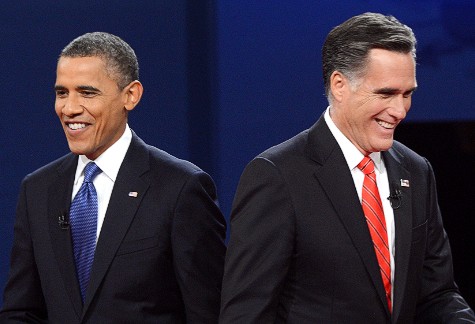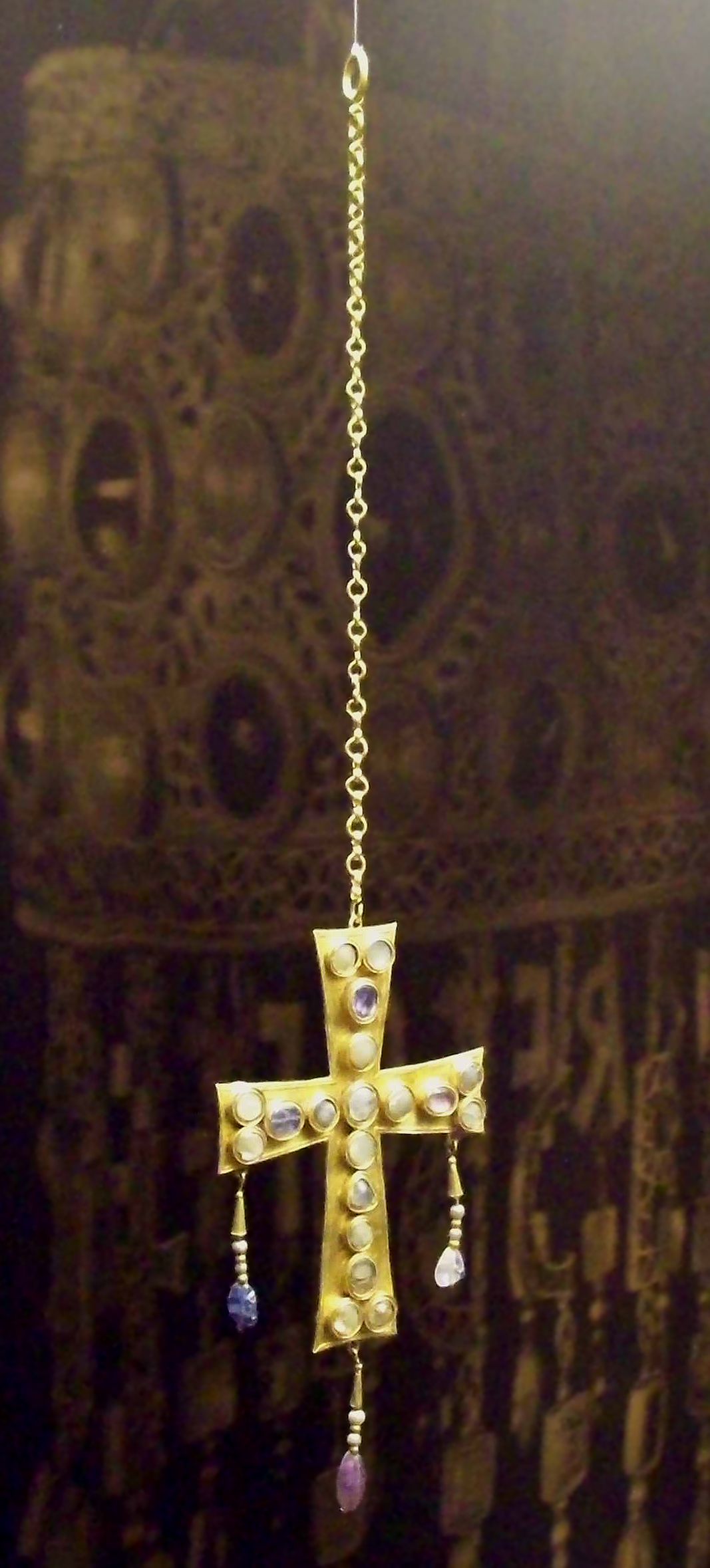I've always been an ecumenist. I believe in one holy, catholic and apostolic church, and believe that every creed professing person is a member of Christ's Church.
1 A few years back, however, I had a few realizations that changed the form of my ecumenism.
The first was the realization that
sola scriptura, when seen in the ahistorical way many modern Evangelicals view it, is
an untenable position.
Second, I realized that the sort of ecumenism I had developed bordered dangerously on
consumerism. Denominations don't really matter, they're like fashion. I put on liturgy, you put on anabaptism and none of it matters substantially. I truly believe that ecumenism is good, but when it reduces to matters of taste, it becomes dangerously individualistic.
These two realizations led me to the third. If I am to be a serious ecumenist, and not merely one who considers the diversity of the church merely a matter of fashion, then I need to take seriously the identity and claims of the branches of the Church. Moreover, since I could no longer hold to simplistic
sola scriptura, I could no longer dismiss
out of hand the claims of those branches of Christianity, namely the Roman Catholic and Eastern Orthodox churches, that depended upon the authority of tradition. At the same time, I was also reading much Medieval Philosophy, and beginning to see the coherence of some of the views of Roman Catholicism.
I had always thought that Roman Catholics and Eastern Orthodox believers could very well be real Christians, just as easily as any Protestant could. However, this had always amounted to thinking they could in virtue of the fact that the core of what they believed matched what I believed. It was, in other words, a kind of patronizing ecumenism. They got in because, despite all their weird additions, they were in essence like me. Yet, both these churches claim for themselves the identity of being
the one true holy, catholic and apostolic Church. The rest of us might be Christians, but we are so in virtue of being, as it were, accidental members of
their faith. That's a serious claim, and I decided that if I would be a serious ecumenist, then I should give it genuine consideration.
So, on and off for the last couple of years I have been giving Roman Catholicism and Eastern Orthodoxy a serious look. This has not, necessarily, been with an eye towards converting, and I highly doubt I will. On the one hand, there is something about the two churches I find highly aesthetically compelling. At times I feel like Protestantism looks like a sketch of Christianity, while Roman Catholicism looks like a detailed Renaissance painting and Eastern Orthodoxy like one of its Ikons, with all the colour and symbolism it brings. Yet, there's too much about Rome and the East that doesn't sit easy with me, their absolute rejection of a female priesthood for example, so that even if some of their claims compel me, I'm not sure I could ever align myself with them.
Still, in the end I want to seek Jesus where He may be found, and I at times I think there is something of Him in the Old High Churches that we have lost, so I continue to look at them and learn from them, and only God knows what will happen.
2
Researching Roman Catholicism has been relatively easy. They have many books that clearly lay out their views and apologetics, including their very detailed catechism. Searching the East, however, has proved more challenging. I have long desired to find a kind of
Mere Christianity of Eastern Orthodoxy, and had so far come up empty. I was, thus, understandably excited to see
The Orthodox Way in the list of extra readings for one of my classes, and quickly picked it up.
I am extremely happy with the book. It is beautifully written and clearly exposits the Eastern faith not merely propositionally, but as a living faith. I find that much written here I can wholeheartedly agree with, and those things that I don't agree with I at least find compelling. Most of all, the book fills me once again with wonder at God's glory and excitement about the future of my faith here on Earth, leading me in turn to fervent prayer. I have not been so wholly captivated by a work of theology since I read N.T. Wright's
Surprised by Hope several years ago.
As I said in my long preamble, I do not expect that I will ever go over to the East, but I am deeply grateful for this book, and it certainly gives me food for thought. If you are a Christian of any stripe, but especially one with questions about our brothers and sisters in the East, I heartily recommend a look at this book.
There is much more I could say about this book, and I may indeed write more posts on it in the future weeks reflecting on what I have read within its pages. For now though, I simply want to leave you with a glowing recommendation.
The peace of the Lord be always with you.
________________________________
1. This is why I am so opposed to re-baptism. If there is "one Lord, one faith, one baptism," (Ephesians 4:5) by which "we were all baptised into one body" (1 Corinthians 12:13), then to re-baptise is to declare the other baptism unreal, and thereby to declare that all baptised in that other church aren't members of the body.
2. I certainly hope you will pray for me as I ask these important questions. I don't want my decision to be based on fashion, the sexiness of a certain theological view, or even my own limited reasoning, but on the guidance of God's Spirit.


















_(wascDA0181).jpg)


